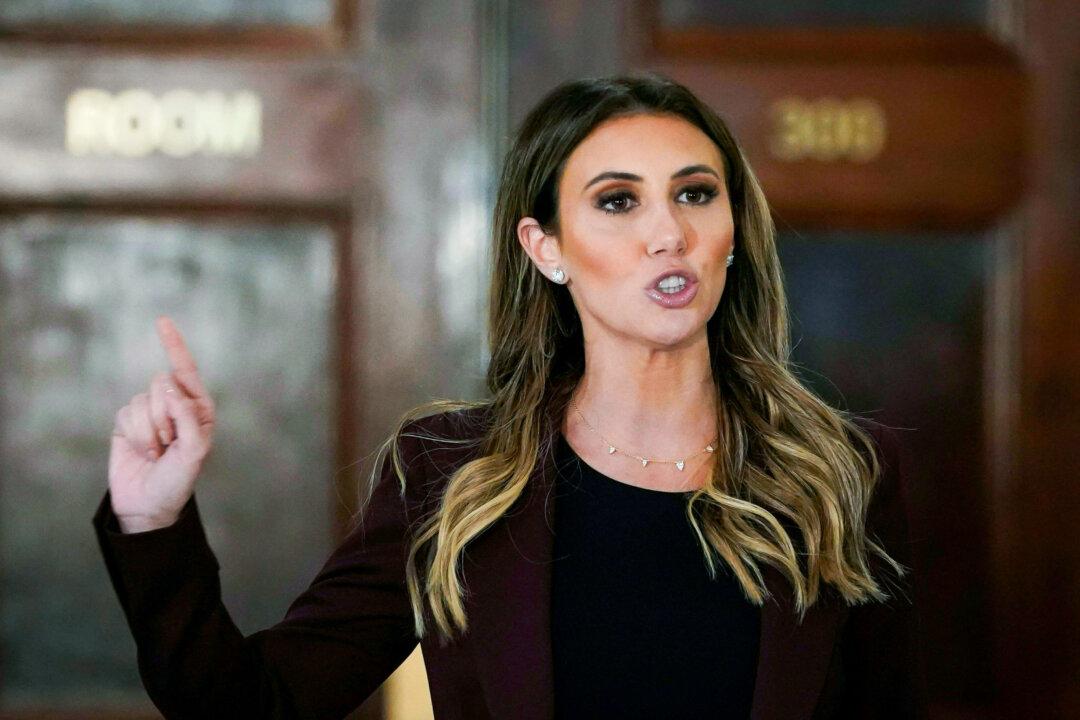New York Supreme Court Justice Arthur Engoron’s widely anticipated ruling on Feb. 16 in the long-running civil fraud trial of 2024 candidate and former President Donald J. Trump is more or less a fait accompli, in the view of lawyer Alina Habba.
She has defended President Trump from charges that he and his organization inflated asset values to gain better terms for loans and insurance.





